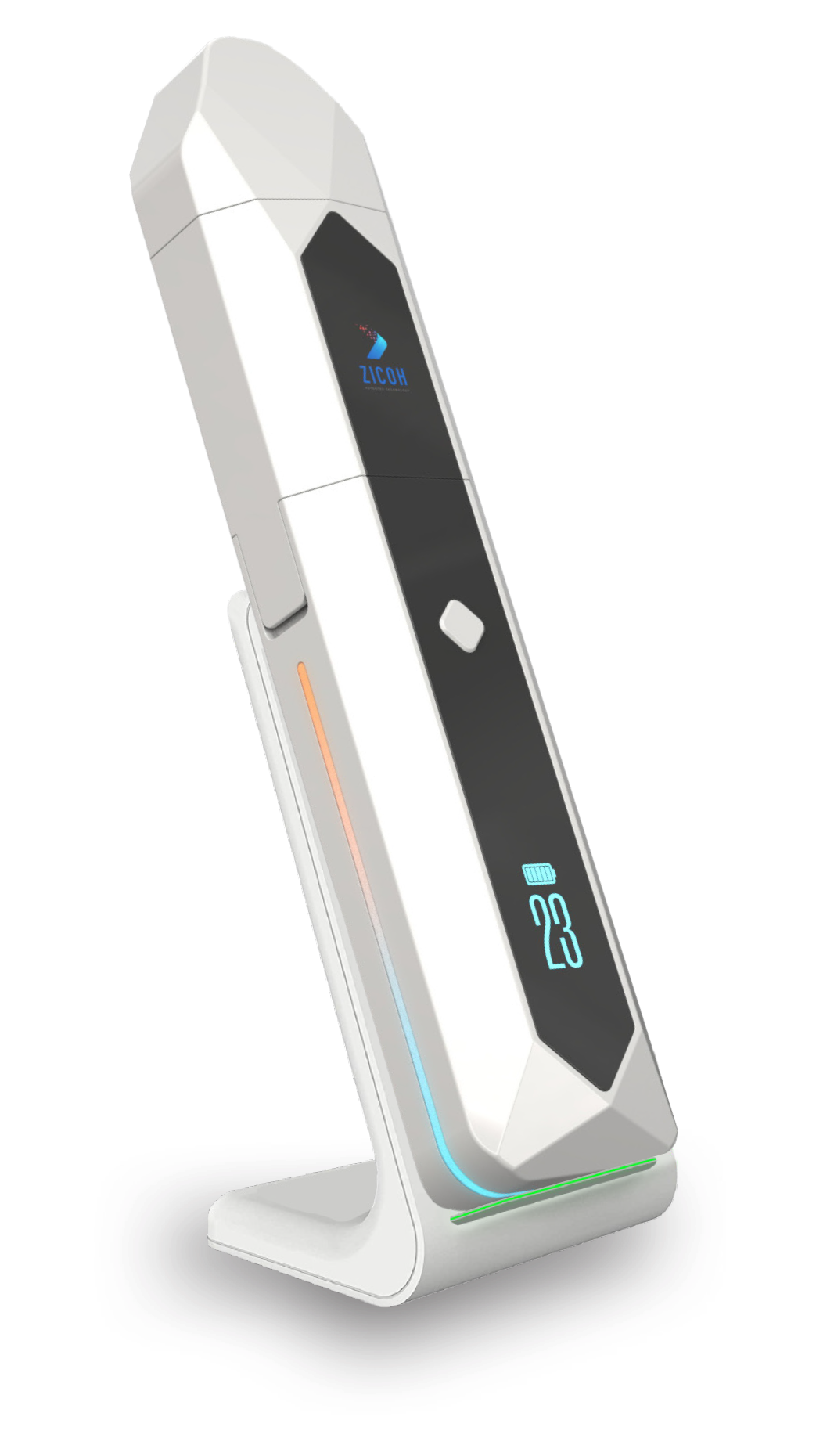Opioids are safe for most people when taken as prescribed for a short period. Unfortunately, many people misuse these medications to achieve a euphoric effect. By doing so, they increase the risk of addiction, overdose, and death. Here are a few things you should know about opioid misuse.
How Do Opioids Work?
Opioids affect many places within the nervous system, including the limbic system, brain stem, and spinal cord.
The limbic system controls your emotions, and it’s commonly referred to as the reward center of the brain. It’s this interaction that allows opioids to create feelings of pleasure, relaxation, and contentment.
The brain stem, on the other hand, controls things your body does automatically. By interacting with this area, opioids can alleviate pain, slow breathing, and reduce coughing.
The spinal cord receives information before sending it to the brain. This interaction allows opioids to alleviate pain, even from severe injuries.
What Makes Opioids Addictive?
In addition to relieving pain, opioids also give the user a euphoric feeling or a sense of well-being. Many people misuse their prescriptions by taking them longer than recommended or increasing their dose to achieve a euphoric effect. Over time, a person who misuses opioids might need them to feel “normal.” What’s more, is they will need an increasingly larger dose. Eventually, they may experience withdrawal symptoms when they don’t take the opioids.
How Do People Misuse Opioids?
In addition to taking opioids for longer or consuming a higher dose than prescribed, there are various other ways people misuse opioids.
- Taking opioids without a prescription (i.e., getting medications from friends, family, or drug dealers)
- Administering opioids different from how their doctor prescribed them for a more intense effect (i.e., crushing and snorting or injecting)
- Taking opioids with alcohol or certain or drugs
Misusing opioids increases the risk of addiction, overdose, or death.
Take OxyContin, for example. OxyContin is an extended-release drug. The active ingredients are meant to be released slowly over time, allowing for longer pain relief. When a person crushes a pill, the medication is released all at once. In addition to creating a more intense effect, this also increases the risk of overdose.
Opioids can depress breathing. Taking them with other central nervous system depressants can also be dangerous. Central nervous system depressants may be alcohol, sleeping pills, or benzodiazepines.
Misusing Opioids
Misusing opioids can have serious consequences. By understanding the risks associated with opioids, you can make more informed decisions about your own pain management.


A Solution to the Opioid Crisis
ZICOH will utilize a secure database integrated with AI to form a unique software architecture and advanced patented technology, making it the first device of its kind to enable effective communication through the drug supply chain, from drug manufacturers to wholesalers, distributors, pharmacists, providers, physicians, caregivers, and patients. The device can be programmed to dispense the medication dosage amount, type, and frequency to patients according to the health care provider’s orders and delivery schedule. Each of its features helps ensure patient compliance and patient follow-up, consequentially reducing the risk of addiction and overdose.


